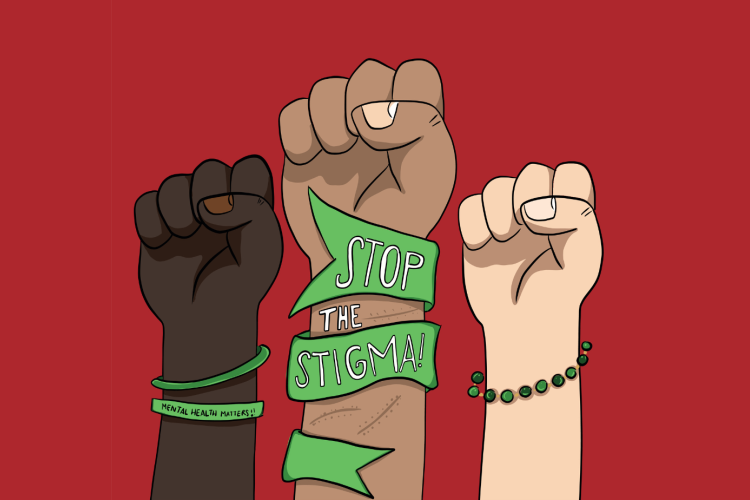
Welcome to the third and final module of the Partnering with Youth and Young Adults to Transform Mental Health Narratives toolkit. Sometimes, when a young person is going through a hard time, our ability to prevent harm can be slow and limited. The next best alternative is ensuring the least possible harm is experienced during risky situations or environments. This week, doobneek centers our focus on the experiences of non-citizen youth who are often left to navigate young adulthood without access to a formal safety net.
- Building Community Team
Resources are often scarce and limited to those who qualify for support, and despite their dire need, those resources are denied to some.
Underprivileged non-citizen youth navigate disproportionate challenges associated with forces that push them away from the countries where they hold citizenship (if they have one) and pull them toward the US. Lacking legal immigration status can cause homelessness, substance use, and exploitation.
- There is no reentry for formerly incarcerated non-citizens, as the government deems them as ‘criminal aliens’ due for removal.
- There is no rehabilitation for non-citizens recovering from substance use, as that can hinder their chances of naturalization.
- There is limited access to educational opportunities and language and cultural barriers.
Undocumented youth often lack formal recognition and support from federally-funded programs and safety-net services, facing barriers in accessing support.
As providers and advocates, our efforts must consider youth and young adults navigating risky and potentially traumatizing life circumstances without access to appropriate mental health care.
- Not all young people benefit from blanket advocacy efforts, especially those focusing on programs predominantly limited by immigration status eligibility.
Equipping our programs with harm reduction strategies may mitigate non-accessible care amidst a crisis.
A harm reduction approach is:
- An evidence-based approach to equip people with tools and information to create positive (and potentially life-saving) changes. Read SAMHSA’s harm reduction framework here.
- A collaborative and person-centered process that leverages an individual’s lived expertise.
- A practical set of strategies to reduce harmful consequences of substance use. The National Harm Reduction Coalition shares the eight foundational principles of harm reduction here.
Harm reduction is built on a belief in and respect for the rights of people who use drugs.
The American Academy of Pediatrics highlights two principles for young people who use substances:
- Harm reduction services are critical to keeping young adults alive and healthy, offering opportunities for future engagement in treatment and recovery.
- Evidence-based harm reduction is already available to adults. It should be tailored to be appropriate for youth and young adults.
Harm reduction applies beyond harmful substance use, including risky sexual activity and/or stigmatizing typical reactions to atypical circumstances. Providers can help their participants seek services by reducing harmful language.
That’s it for the final module of the Partnering with Youth and Young Adults to Transform Mental Health Narratives Toolkit. We would love to hear what stood out to you. Send us your thoughts at community@youthcollaboratory.org.
This toolkit is being released as a newsletter series in September 2023, with each module being delivered to inboxes every Tuesday morning. Learn more about new training and funding opportunities, news and policy updates, and how we can collectively strengthen outcomes for youth and young adults. Sign up for our newsletter to get future series delivered straight to your inbox.
About the Author
doobneek (They/Them), is an LGBT(Q)IA2S+ T(GNC) asylum seeker, whose immigration status caused their houselessness and made them a stark advocate for undocumented Runaway and Homeless Youth. They are dedicated to exposing issues faced by underprivileged non-citizens. doobneek has a BA from Hunter College with minors in History of Colonialism, Entrepreneurship, and Computer Science. They are a New York City Youth Action Board Member, and graduate student at NYU Tandon, pursuing Transportation Engineering MS.

